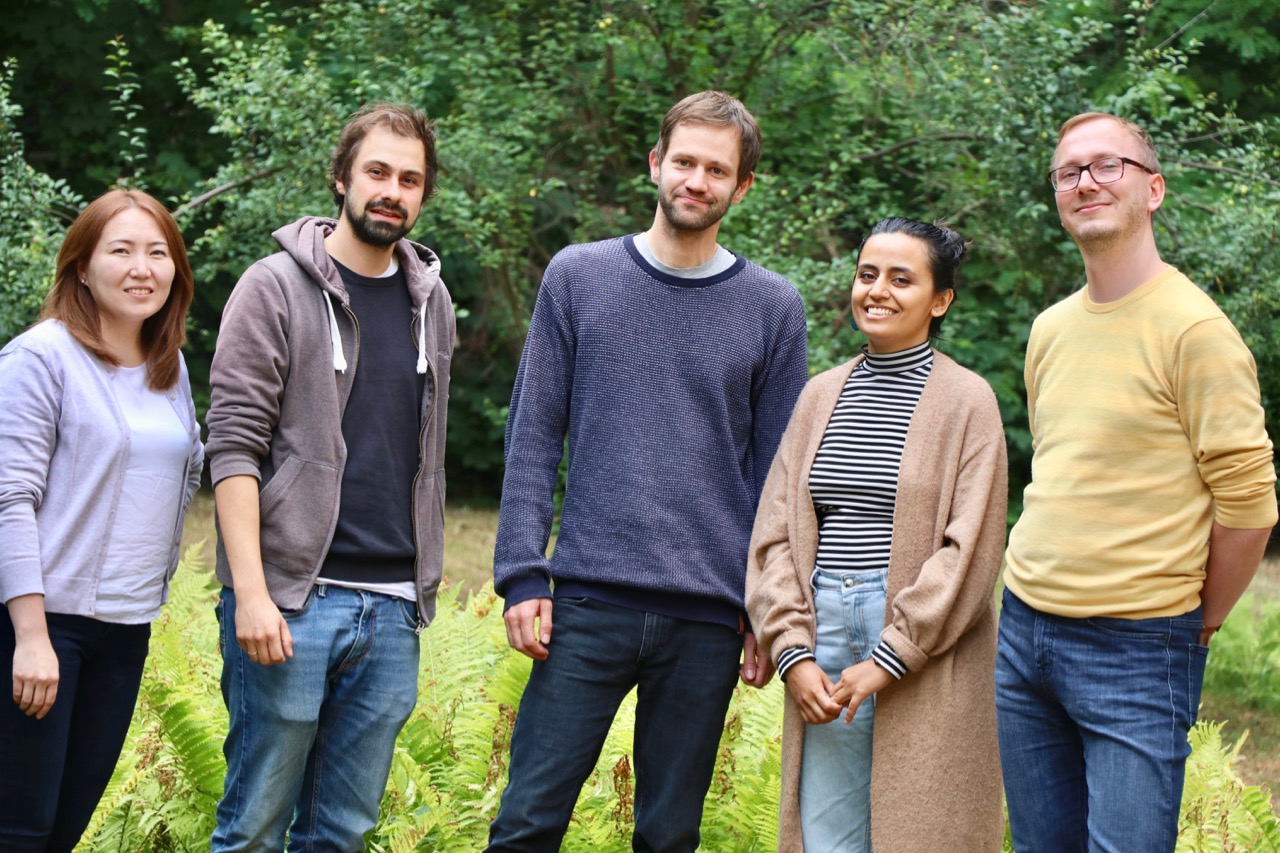

Institution: Eberswalde University for Sustainable Development, Eberswalde, Germany
Project Coordinator: Dr. Michael Spies
The junior research group TRANSECT investigates social-ecological effects and interdependencies of agrarian transformations in Central and South Asia. We evaluate how pathways towards a bioeconomy can be shaped in a more socially just and ecologically sustainable manner. With case studies in Pakistan, Tajikistan and Kazakhstan, our research focuses on a region that in the past has been subject to vast agricultural interventions. Moreover, the growth of China’s bioeconomy sector and the progress of the ‘Belt and Road Initiative’ are expected to shape future agricultural developments in the region. Central to the project is the collection of empirical data from three case studies, with the aim of investigating local manifestations of agricultural change. Inspired by assemblage and complexity theories, agricultural systems are conceptualised as dynamic social and ecological systems alike. The research group provides in-depth analyses of local effects, opportunities and risks of agricultural intensification and other transformation pathways. Departing from empirical analyses of past and current trends, we explore potential future pathways: through a series of participatory workshops in the three study regions, the research group is developing local bioeconomy scenarios that will reveal possible social-ecological risks and identify potential leverage points for proactive management strategies. TRANSECT thus aims to generate a practice-oriented, integrative and transdisciplinary methodology of analysis, scenario development and bioeconomy transformation process management that can be applied in various regional contexts.
